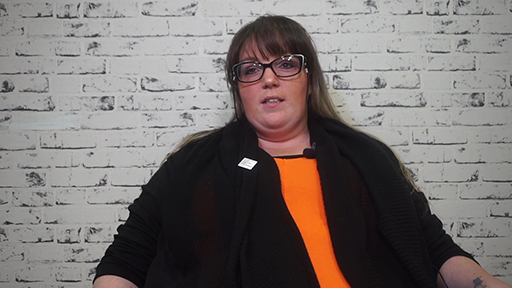Access to university
Only 4% of children who have been in care for a full year enter higher education after leaving school, compared with 39% of all school leavers (Scottish Government, 2019 [Tip: hold Ctrl and click a link to open it in a new tab. (Hide tip)] ).
While the rate of transition for young people is low, we are beginning to understand more about the extra time and support required for some learners with care experience to access higher education through different routes, such as college. The number of Care-Experienced people progressing to university is therefore higher than this statistic might suggest (CELCIS, 2018).
Some people assume that Care-Experienced people have low educational aspirations but it is more accurate to say that many don't know what is possible for them beyond compulsory education (Sosu and Ellis, 2014).
Widening access involves communicating to Care-Experienced people that university is an option for them, and that specific support is in place to aid their progression. Care-Experienced people who access university are often the first in their family to attend so raising expectations and offering information, advice and guidance is essential.
In the video, Lee describes her journey into higher education.

Transcript
and at thirty I decided to jump straight back into a HNC because I wanted to do better for my children. So, it was for them at first that I decided to get back into education.
When it came to applying for uni, that wasn’t something that I had intended to do. When I made the decision to go back into education, it was purely just get my life together kind of thing, start being better. But because the rest of the class were doing it and the lecturers gave us time to fill in the application in class one day, they were kind of talking about the progression on, the natural progression for that course, so I thought I’ll just do it anyway, and I put in the application because the rest of the class
Widening access involves communicating to care-experienced people that university is an option for them, and that specific support is in place to aid their progression. Care-experienced people who access university are often the first in their family to attend so raising expectations and offering information, advice and guidance is essential.
Access to college
